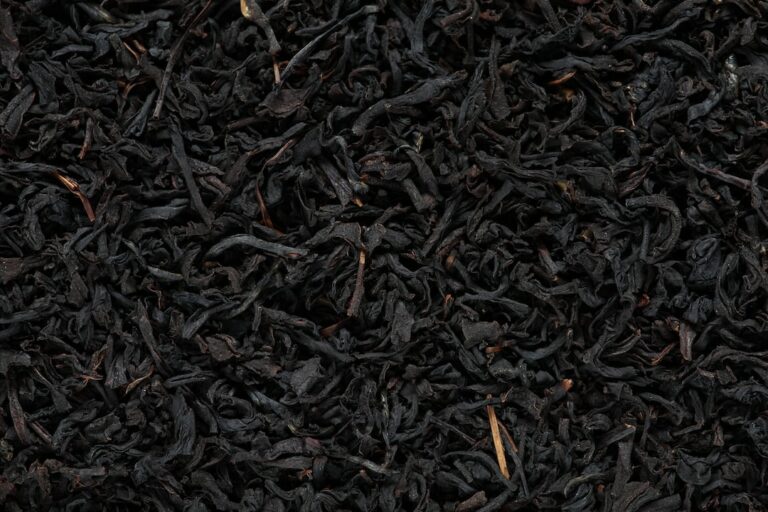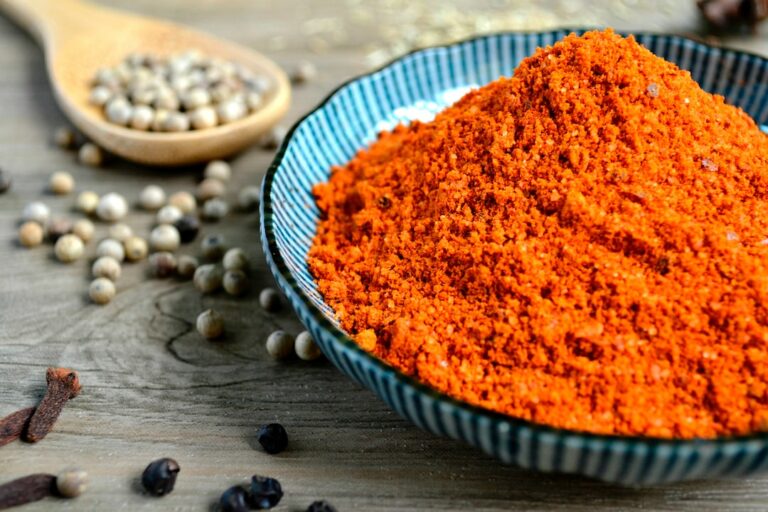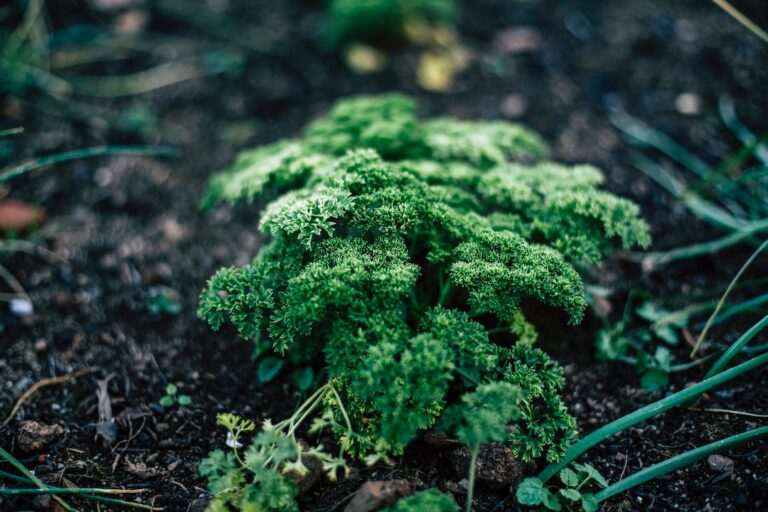Introduction
What is chamomile tea?
Chamomile tea is a popular herbal beverage made from the dried flowers of the chamomile plant. It has been consumed for centuries due to its potential health benefits and soothing properties. The tea is known for its calming effect and is often used as a natural remedy for anxiety and insomnia. Chamomile tea contains various bioactive compounds, including flavonoids and terpenoids, which are believed to contribute to its therapeutic effects. Additionally, it has anti-inflammatory and antioxidant properties that may promote overall well-being. While chamomile tea is generally considered safe for most people, it is important to note that it may interact with certain medications and should be consumed in moderation. Overall, chamomile tea is a popular and widely enjoyed beverage that offers potential health benefits and a sense of relaxation.
History of chamomile tea
Chamomile tea has a long and rich history dating back to ancient times. The use of chamomile flowers for medicinal purposes can be traced back to the ancient Egyptians, Greeks, and Romans. These civilizations valued chamomile for its calming and soothing properties. In fact, the name chamomile is derived from the Greek words ‘chamai’, meaning ground, and ‘melon’, meaning apple, due to the apple-like fragrance of the flowers. Chamomile tea was traditionally used to treat various ailments, including digestive issues, anxiety, and insomnia. Today, chamomile tea remains a popular herbal remedy, known for its potential health benefits and gentle flavor.
Popularity of chamomile tea
Chamomile tea has gained significant popularity in recent years, becoming a go-to beverage for many individuals seeking relaxation and natural remedies. Its soothing aroma and mild, floral taste have made it a favorite choice for those looking to unwind after a long day. Additionally, chamomile tea is known for its potential health benefits, including aiding in digestion, reducing inflammation, and promoting better sleep. The growing interest in chamomile tea can be attributed to its reputation as a natural remedy for various ailments and its calming effects on the mind and body.
Chemical Composition

Active compounds in chamomile tea
Chamomile tea contains several active compounds that contribute to its potential health benefits. One of the key compounds found in chamomile tea is chamazulene, which is responsible for its anti-inflammatory properties. Another important compound is apigenin, a flavonoid that has been shown to have antioxidant and anti-cancer effects. Other compounds present in chamomile tea include bisabolol, which has soothing and anti-irritant properties, and matricin, which has anti-anxiety and sedative properties. These active compounds work together to provide chamomile tea with its unique therapeutic properties.
Effects of active compounds
Chamomile tea is known for its numerous health benefits. The active compounds found in chamomile tea have been studied for their effects on various aspects of health. These compounds have been found to have anti-inflammatory properties, which can help reduce inflammation in the body. Additionally, chamomile tea has been shown to have a calming effect, making it a popular choice for promoting relaxation and sleep. The health benefits of chamomile tea extend beyond just physical health, as it has also been found to have positive effects on mental well-being. Overall, chamomile tea is a natural and soothing beverage that offers a range of health benefits.
Potential drug-like properties
Chamomile tea is a popular herbal beverage known for its calming effects. However, it is important to be aware of its potential drug-like properties. While chamomile tea is generally considered safe for most people, it can have contraindications for certain individuals. It is always recommended to consult with a healthcare professional before using chamomile tea, especially if you have any known contraindications of herbs. This will ensure that you can enjoy the benefits of chamomile tea without any potential risks.
Health Benefits

Relaxation and sleep aid
Chamomile tea is a popular herbal beverage known for its calming properties. It has been used for centuries as a natural remedy to promote relaxation and improve sleep quality. Unlike many sleep aids on the market, chamomile tea is a drug-free option, making it a great choice for those seeking a more holistic approach to their sleep routine. Incorporating chamomile tea into your bedtime ritual can help create a sense of calm and tranquility, allowing you to unwind and prepare for a restful night’s sleep. By embracing a drug-free lifestyle and incorporating chamomile tea into your routine, you can experience the benefits of relaxation and improved sleep without relying on medication.
Digestive aid
Chamomile tea has been used for centuries as a natural remedy for various health conditions. One of its notable benefits is its effectiveness as a digestive aid. The soothing properties of chamomile tea can help relieve symptoms of indigestion, such as bloating and stomach cramps. Additionally, chamomile tea has been found to promote healthy digestion by reducing inflammation in the digestive tract. It is also considered safe for most people to consume, making it a popular choice for those seeking a natural and gentle approach to improving their digestive health. In addition, chamomile tea is believed to have detoxifying properties, including the ability to aid in mercury detox. However, it is important to note that further research is needed to fully understand the extent of chamomile tea’s detoxifying effects. Overall, chamomile tea can be a beneficial addition to a healthy lifestyle, particularly for individuals looking for a natural way to support their digestive system.
Anti-inflammatory properties
Chamomile tea, a popular herbal medicine, has been recognized for its anti-inflammatory properties. Studies have shown that chamomile tea contains compounds that can help reduce inflammation in the body. These compounds, such as chamazulene and bisabolol, have been found to inhibit the production of pro-inflammatory molecules, thereby providing potential benefits for individuals with inflammatory conditions. Additionally, chamomile tea is often used as a natural remedy for various ailments, including digestive issues, skin irritations, and anxiety. The anti-inflammatory properties of chamomile tea make it a promising option for those seeking natural alternatives to traditional medications.
Safety and Side Effects

Interactions with medications
Chamomile tea is a popular herbal infusion that is often used for its calming and soothing effects. It has been consumed for centuries as a natural remedy for various health conditions. However, it is important to be aware of the potential interactions between chamomile tea and certain medications. While chamomile tea is generally considered safe for most people, it may interact with certain medications, particularly those that are metabolized by the liver. Therefore, it is advisable to consult with a healthcare professional before consuming chamomile tea if you are taking any medications, especially those related to liver function. Additionally, if you experience any unusual symptoms or side effects while consuming chamomile tea, it is important to seek medical advice.
Allergic reactions
Allergic reactions to chamomile tea are rare, but they can occur in some individuals. It is important to note that chamomile tea is derived from the chamomile plant, which is a member of the daisy family. People who are allergic to daisies may also be allergic to chamomile tea. Symptoms of an allergic reaction may include itching, hives, swelling, and difficulty breathing. If you experience any of these symptoms after consuming chamomile tea, it is recommended to discontinue use and seek medical attention. It is always advisable to consult with a healthcare professional before using chamomile tea or any herbal anxiety remedies, especially if you have a known allergy to plants in the daisy family.
Pregnancy and breastfeeding
During pregnancy and breastfeeding, it is important to be cautious about the substances we consume. When it comes to chamomile tea, there are mixed opinions about its safety. While chamomile tea is generally considered safe for most people, it is recommended to consult with a healthcare professional before consuming it during pregnancy or while breastfeeding. This is because chamomile tea may have mild sedative effects, which could potentially affect the baby’s health. Additionally, chamomile tea may interact with certain medications or have allergenic properties. Therefore, it is always best to err on the side of caution and seek medical advice before including chamomile tea in your diet during pregnancy or while breastfeeding.
Regulation and Legal Status

Classification as a drug
Chamomile tea is not classified as a drug by regulatory authorities. It is considered a herbal infusion made from the dried flowers of the chamomile plant. The active compounds found in chamomile, such as chamazulene and bisabolol, have been studied for their potential health benefits. However, it is important to note that chamomile tea is not intended to treat or cure any specific medical condition. Instead, it is commonly consumed for its soothing and relaxing properties. While chamomile tea is generally recognized as safe for most individuals, it is always recommended to consult with a healthcare professional before making any significant changes to your diet or lifestyle.
Regulatory oversight
Regulatory oversight plays a crucial role in determining the safety and efficacy of substances used in natural medicine for kidneys. It ensures that these remedies meet certain quality standards and are free from harmful contaminants. The regulatory bodies monitor the production, labeling, and distribution of these products to ensure that they are accurately represented and provide the intended health benefits. By implementing strict regulations, regulatory oversight helps to protect consumers and promote the responsible use of natural medicine for kidney health.
Legal restrictions
Chamomile tea, a popular herbal beverage known for its calming properties, has been a subject of debate when it comes to legal restrictions. As part of the natural medicine series, it is important to understand the legal implications surrounding chamomile tea consumption. While chamomile tea is generally considered safe and widely available, it is essential to be aware of any regulations or restrictions that may apply, depending on the country or region. This article aims to provide an informative overview of the legal landscape concerning chamomile tea and its classification as a drug or herbal remedy.
FAQ (Frequently Asked Questions)
Can chamomile tea make you high?
Chamomile tea is a popular herbal beverage known for its calming properties and numerous health benefits. However, it is important to note that chamomile tea does not have any psychoactive effects and cannot make you high. Unlike drugs, chamomile tea is a natural remedy that promotes relaxation and supports overall well-being. It is often used as a natural brain health technique to reduce stress and anxiety. Incorporating chamomile tea into your daily routine can be a soothing and enjoyable way to support your mental and emotional health.
Is chamomile tea addictive?
Chamomile tea is not addictive. Unlike drugs, chamomile tea does not contain any substances that can lead to physical or psychological dependence. It is a natural herbal infusion made from the dried flowers of the chamomile plant. Chamomile tea has been consumed for centuries for its calming and soothing properties. It is often used as a natural remedy for anxiety and insomnia. While chamomile tea can have a relaxing effect, it does not have the same addictive properties as drugs. Therefore, it is safe to enjoy chamomile tea without worrying about becoming addicted.
Can chamomile tea interfere with medications?
Chamomile tea is generally considered safe and has been consumed for centuries as a natural remedy for various health conditions. However, it is important to be aware that chamomile tea may interact with certain medications. One potential concern is its effect on hot flashes. While chamomile tea is often used to alleviate menopausal symptoms, it may interact with medications that are prescribed to manage hot flashes. It is recommended to consult with a healthcare professional before consuming chamomile tea if you are taking medications for hot flashes or any other condition.




































